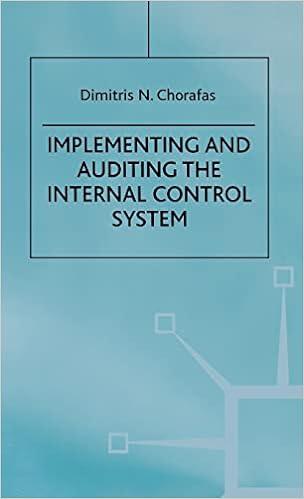Answered step by step
Verified Expert Solution
Question
1 Approved Answer
Generally, the court is not authorized to fix a period. The following are the exceptions, EXCEPT: Group of answer choices (a) When the debtor binds
Generally, the court is not authorized to fix a period. The following are the exceptions, EXCEPT:
Group of answer choices
(a) When the debtor binds himself to pay when his means permit him to do so.
(b) If under the circumstances, the parties have contemplated a period.
(c) If the obligation does not fix a period, but from its nature and circumstances, it can be inferred that a period was intended.
(d) If the period depends upon the will of the creditor.
Step by Step Solution
There are 3 Steps involved in it
Step: 1

Get Instant Access to Expert-Tailored Solutions
See step-by-step solutions with expert insights and AI powered tools for academic success
Step: 2

Step: 3

Ace Your Homework with AI
Get the answers you need in no time with our AI-driven, step-by-step assistance
Get Started


